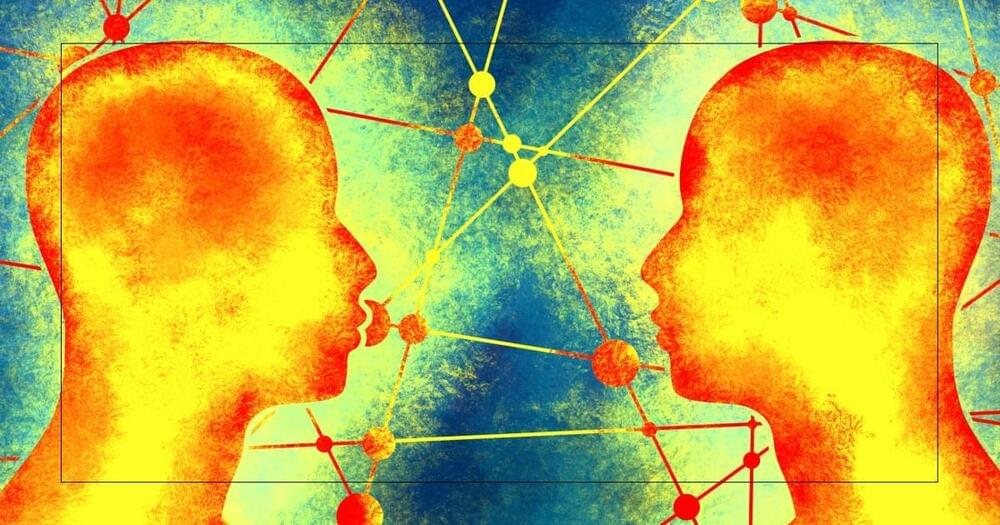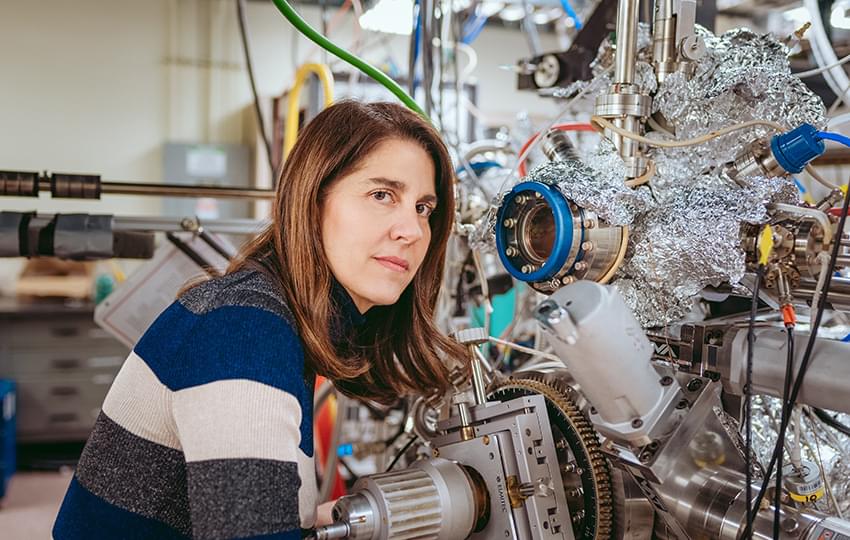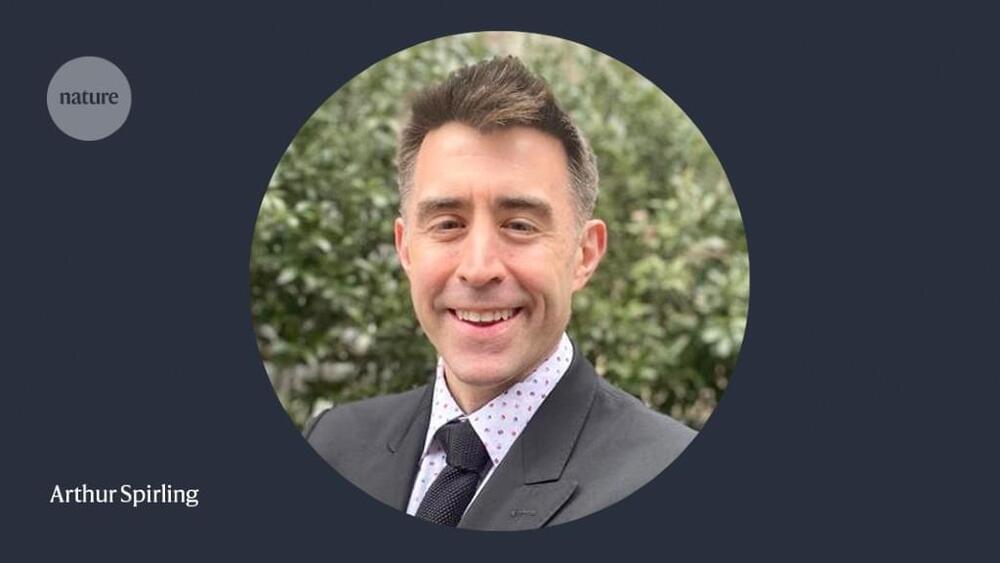Our homes are the places that define us; those warm private spaces that we depend on for work, respite, and haven from the harsh realities of the wider world. On Earth, the buildings and dwellings humans spend the majority of their lives in serve as reflections of our society’s culture, beliefs, and values. So if the shelters we make for ourselves truly mirror and influence our everyday lives, how might that sentiment be translated to living in space?
The kinds of structures future explorers might live in on other planets may be more critical to space exploration than sci-fi depictions of cities and homes in a galaxy far, far away suggest. As NASA’s desire for long-term human space colonization comes to fruition with planned crewed missions to Mars, establishing safe and well-made human settlements for life off-Earth is one of the agency’s most urgent tasks.
Putting down roots on Mars is an extremely ambitious goal to accomplish this century — but the reason why isn’t to do with rockets, necessarily. Rather, it is because any human settlement on the Red Planet will have to fight tooth and nail to experience even a modicum of ecological success.





